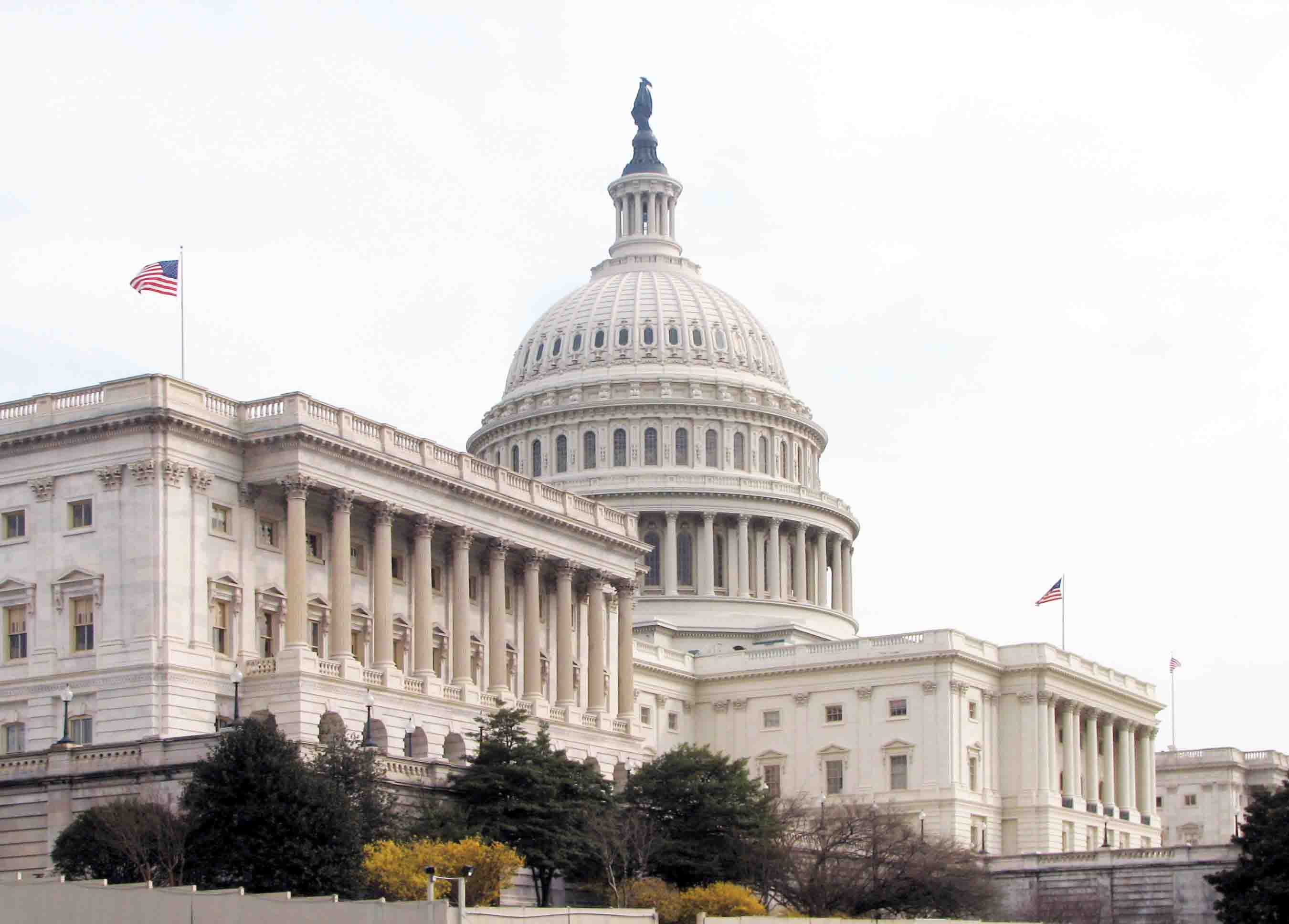
Wikimedia Commons
Yale administrators, alumni and students are lobbying Washington policymakers to protect graduate students’ tuition waivers and tax breaks on Yale’s endowment returns, both of which the new tax bills passed in the Senate last week and House of Representatives last month threaten.
The Senate tax bill, which passed by a 51–49 vote Saturday, would impose a 1.4 percent tax on the endowment returns of the country’s colleges and universities with the largest endowments. It would also revoke incentives for tax-refundable giving to nonprofit institutions like Yale. The House bill, which passed in November, contains similar provisions, as well as a repeal of a tax break on tuition waivers that, if signed into law, would triple Yale graduate students’ annual taxes. Congressional Republicans moved quickly on Monday to set up a conference committee to reconcile differences between the two bills.
Since the House bill passed, the University has rallied its institutional influence and called on roughly 15 members of Congress and senior members of President Donald Trump’s administration to oppose the provisions of the bill that target higher education. Vice President for Communications Eileen O’Connor said the University has worked with Rep. Lamar Smith ’69, R-Texas, but declined to name the other legislators it has contacted, explaining that the University does not comment on its government relations strategy.
“Taxing universities will harm the country by taking away funds that would otherwise promote excellence in teaching and research, as well as financial aid,” University President Peter Salovey said. “We should not be pursuing policies that create obstacles to spending on education and research, which drives economic growth, global competitiveness, and innovation that creates jobs.”
A “Dear Colleague” letter in which Smith urged the Senate to drop the endowment income tax received 43 signatures from his colleagues.
In addition to circulating a letter of its own among senators, the University also rallied about 15 prominent alumni to help in its lobbying efforts, O’Connor said. Earlier this week, Yale trustee Douglas Warner ’68 — in collaboration with Salovey, O’Connor and Chief Investment Officer David Swensen — penned an op-ed in Politico decrying the House tax bill as poisonous for higher education and for the American economy at large. Warner, the former chairman of J.P. Morgan, serves as the chair of the Yale Corporation’s investments committee, which oversees management of the endowment.
Over the past week, Warner has called senators to highlight the differences between endowments and foundations in an effort to urge the Senate to remove the bill’s endowment tax.
Over the past decade, Warner has donated to Sen. John McCain, R-Ariz., Sen. Marco Rubio, R-Fla., and Rep. Ron DeSantis, R-Fla. –– all of whom voted in favor of their respective chambers’ versions of the tax bill –– as well as some Democratic members of Congress. When asked whether he would continue to donate to these legislators, Warner responded that he tries to donate to and vote for the best candidates.
“The tax bill, as you well know, is a very broad and consequential document, of which the tax on endowments is a very small part,” he said. “In the grand scheme of things, that’s not the basis why a senator would vote for or against [it] or a citizen would be in favor or against [it].”
The University also has worked to bring into the national discussion the voices of members of the University community who are most directly affected by the bills: Yale’s students.
Wendy Xiao GRD ’18, chair of the Graduate Student Assembly, said several graduate students had published op-eds in their hometowns and home states with support from the University Office of Public Affairs. The University provided outlines and sample pieces for students to work with, she added.
Aritra Ghosh GRD ’23 said assembly representatives received an email from the Yale Office of Federal Relations urging them to encourage their constituents to write op-eds for their hometown newspapers. Ghosh added that several graduate student groups — including the Graduate Student Assembly, the Graduate and Professional Student Senate and Yale Science Diplomats — have contributed to lobbying efforts.
Ghosh said he also received emails on Monday and Tuesday from his Graduate Student Assembly representative and the American Physical Society asking him to voice his concerns to his congressional representatives about the tax on tuition waivers.
“We should absolutely continue to campaign,” Xiao said. “We have no idea what will end up in the final bill. None of the senators had a chance to fully read the bill they passed, so we really do not know what will happen.”
Jingyi Cui | jingyi.cui@yale.edu
Hailey Fuchs | hailey.fuchs@yale.edu







